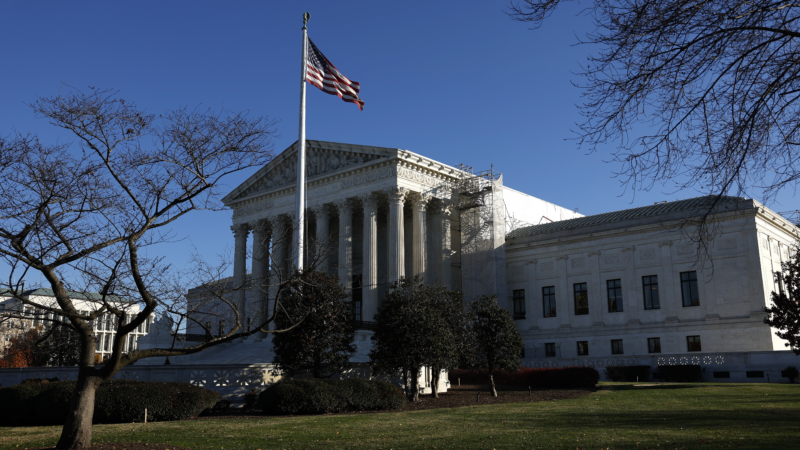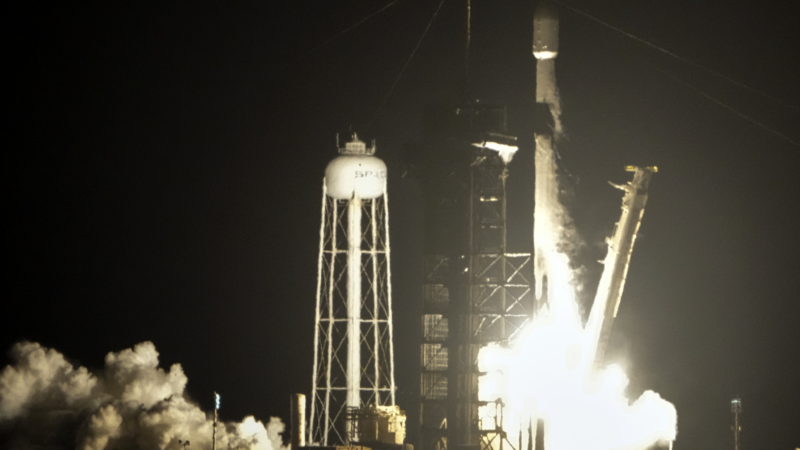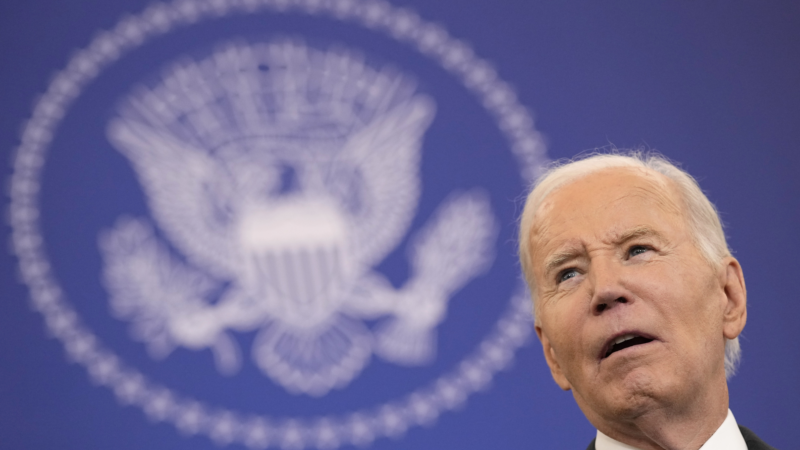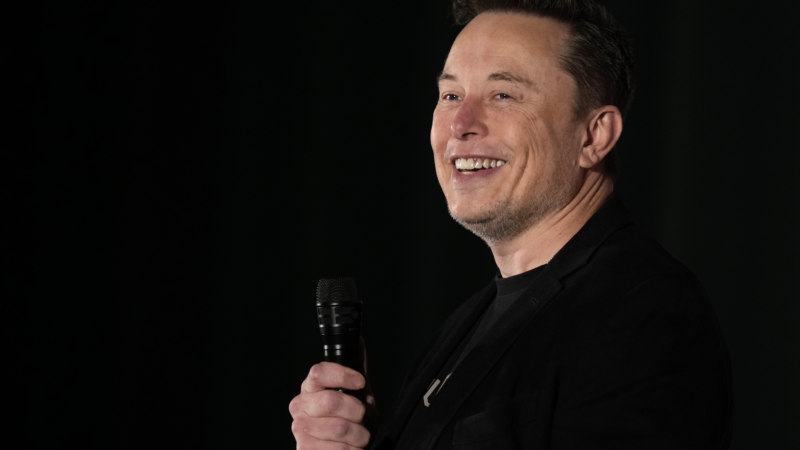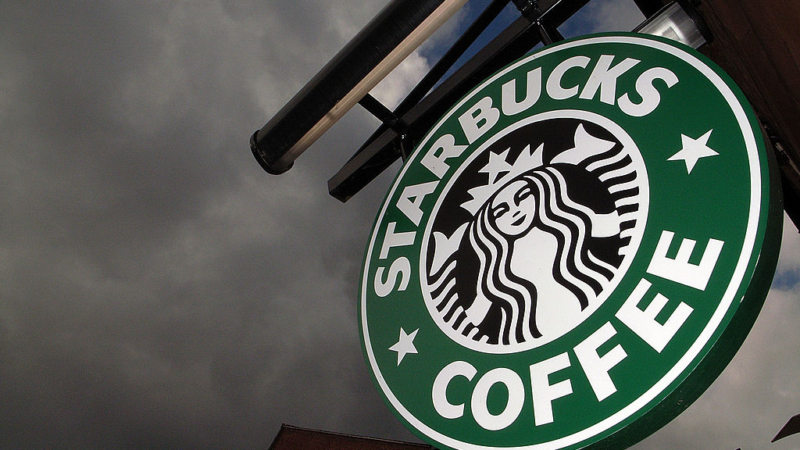Supreme Court to hear challenge to California’s authority to set vehicle emissions standards
Can the federal government have a favorite when it comes to states? The Supreme Court said on Friday that it would hear a case that tests that assertion in the context of a state that imposes tougher clean air standards than the federal government.
In this case, the so-called “golden child” is California. Under a provision of the Clean Air Act that was enacted in 1967, California was explicitly allowed to set its own motor vehicle emissions standards because of the unique pollution problem in the state. The problems were unique in both character and intensity because the state then, as now, had more motor vehicles than any other state in the country, and California had already enacted new air pollution standards that were actually tougher than the ones in the federal law.
With auto manufacturers complaining that they couldn’t deal with 50 different state standards, the congressional compromise was to allow California’s existing and stricter standards to remain in place, and to require other states to either abide by federal air quality standards, or if they wished, to adopt air quality standards that would be “identical” to the existing California standards.
Technically, all this was accomplished through a system in which the Environmental Protection Agency set emission standards for new motor vehicles, and granted waivers for more demanding standards.
But in 2019 the Trump administration withdrew the waiver for California’s tougher standards on cars, and the state challenged that action in court. The case, however, was not resolved, and when President Biden took office, the EPA reinstated the waiver.
Now Ohio and 16 other Republican-dominated states have sued, asserting that the waiver violates the basic design of the U.S. Constitution, which they assert should treat states as equals. Environmental groups allege that the GOP states have no intention of adopting standards that are anything like California’s regulations; rather, they contend, this is an effort to gut the Clean Air Act itself.
The D.C. Circuit Court of Appeals sided with the EPA, finding that the Constitution does not bar Congress from leaving states with different levels of sovereign authority. Now the Supreme Court will decide.
2 private lunar landers head toward the moon in a roundabout journey
In a two-for-one moonshot, SpaceX launched a pair of lunar landers Wednesday for U.S. and Japanese companies looking to jumpstart business on Earth's dusty sidekick.
Biden moves to lift state sponsor of terrorism designation for Cuba
President Biden notified Congress of his intent to lift the U.S. label of Cuba as a state sponsor of terrorism as part of a deal aided by the Catholic Church to free political prisoners on the island.
Dozens of survivors and dead pulled from abandoned South African mine
The mine has been the scene of a tense standoff between police and miners since authorities launched an operation to force the miners out by cutting off food and water from the surface.
South Korean law enforcement officers detain impeached President Yoon
Yoon was brought into custody about three hours after hundreds of law enforcement officers entered the residential compound in their second attempt to detain him over his imposition of martial law last month.
SEC sues Elon Musk, says he didn’t disclose Twitter ownership on time before purchase
The U.S. Securities and Exchange Commission says Musk failed to disclose his ownership of Twitter stock in a timely manner before buying the site and underpaid by $150 million for shares he bought.
No such thing as a free toilet: Starbucks reverses open bathroom policy
The new guideline is a reversal of a 2018 open-door policy that was implemented after two Black men, who had not ordered anything, were arrested at a Philadelphia store.
